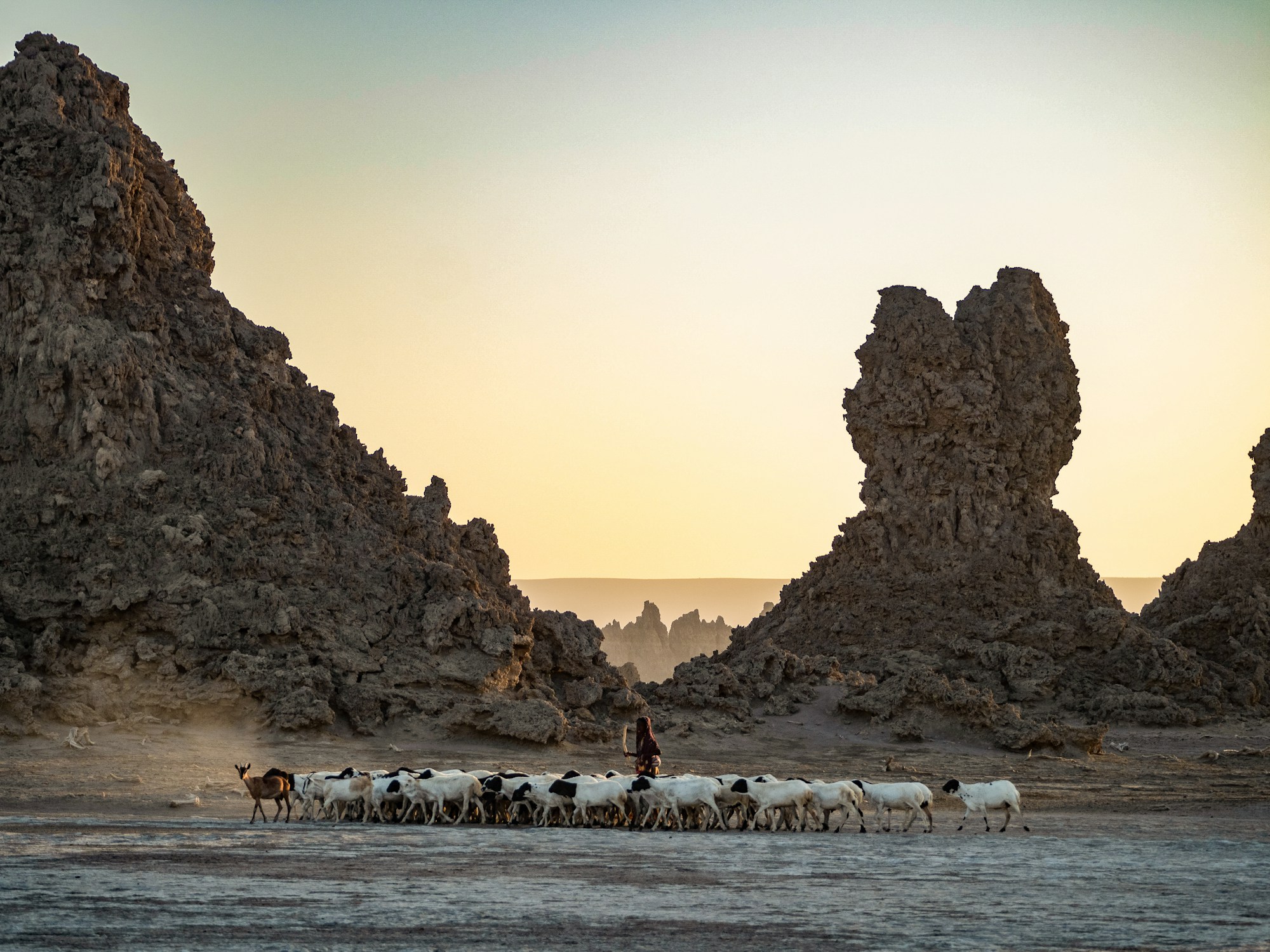Djibouti: Discovering Local Culture & Traditions

Discovering Local Culture & Traditions in Djibouti
Welcome to Djibouti, a small but vibrant country located in the Horn of Africa. Known for its rich history, diverse population, and stunning landscapes, Djibouti offers a unique blend of cultures and traditions that are sure to captivate any traveler. From colorful festivals to ancient rituals, here is a glimpse into the local culture and traditions of Djibouti.
Festivals and Celebrations
One of the best ways to experience Djibouti's culture is through its vibrant festivals and celebrations. The country is home to various ethnic groups, each with its own customs and traditions. Here are some of the noteworthy festivals in Djibouti:
- Eid al-Fitr: This religious festival marks the end of Ramadan and is celebrated by the Muslim population in Djibouti. It is a time of feasting, prayer, and community gatherings.
- Independence Day: On June 27th, Djibouti celebrates its independence from France with parades, fireworks, and cultural performances.
- Festival des Tresor: Held annually in November, this festival showcases Djibouti's traditional music, dance, and crafts.
- Arta Summer Festival: Taking place in the coastal town of Arta, this festival celebrates Djiboutian culture with music concerts, dance performances, and local cuisine.
Traditional Music and Dance
Music and dance play a vital role in Djibouti's cultural heritage. Traditional music is often accompanied by rhythmic drumming, melodic string instruments, and captivating vocal performances. Some of the traditional dances you might witness in Djibouti include the "Dankira," a lively dance performed by women wearing colorful dresses, and the "Amare," a traditional dance of the Afar people known for its energetic movements.
Traditional Cuisine
Exploring Djibouti's local cuisine is a delightful way to immerse yourself in the country's culture. Traditional dishes often feature a combination of meat, fish, vegetables, and fragrant spices. A popular dish is "Skoudehkaris," a flavorful rice pilaf served with marinated meat or fish. "Lahooh" is a type of pancake-like bread that is commonly enjoyed with various stews and sauces. Don't miss the opportunity to try "Marqa," a traditional Djiboutian soup filled with aromatic herbs, vegetables, and tender meat.
Traditional Clothing
The people of Djibouti embrace their cultural heritage through their traditional clothing. Men often wear a "macawiis," a wraparound garment similar to a sarong, while women adorn themselves with vibrant dresses called "diracs" or "guntiinos." These garments are usually made from colorful fabrics and beautifully embroidered with intricate patterns. Visiting local markets, such as the bustling Central Market in Djibouti City, will give you the chance to admire and purchase traditional clothing.
Ancient Rituals and Practices
Djibouti is also home to ancient rituals and practices that have been passed down through generations. The Afar people, who reside in the northern part of the country, practice a unique ceremony called "Dagaaba." This initiation ritual marks the transition of young boys into adulthood and involves various rites of passage, including scarification and endurance tests. The nomadic tribes of Djibouti, such as the Issa and the Gadabuursi, have preserved their traditional way of life, including practices such as camel herding and nomadic migrations.
Immerse yourself in Djibouti's local culture and traditions, and you will gain a deeper understanding of this fascinating country. From colorful festivals to ancient rituals, Djibouti offers a rich tapestry of experiences that will leave a lasting impression on any traveler.
